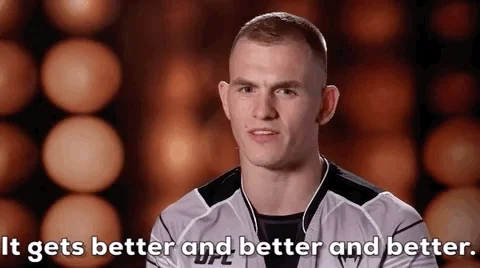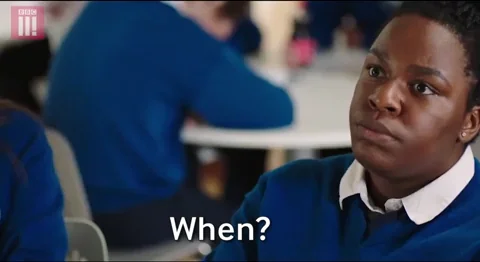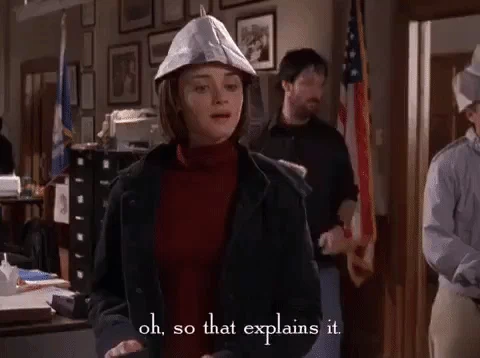
Have you ever wondered how you can express contrast in English in a different way? "Despite" and its alternatives can provide a lot of help!
Despite the fact that some learners think these are difficult words and phrases to use, you'll be able to use them easily in sentences!
When do we need to express contrast?

Expressing contrast is useful in a variety of situations.
In comparisons, it can highlight differences.
In debates, it can help to explain opposing ideas.
When describing outcomes, contrast can clarify the causes and effects of an issue.
Learn the basics: "despite" and "in spite of"
"Despite" and "in spite of" are prepositional phrases that express a contrast between two elements.

There are three ways of using these phrases in a sentence:
They can be followed by a noun or noun phrase:
Noun phrase: this scary accident
Despite this scary accident, Tom managed to drive again.
They can be followed by an -ing verb:
-ing verb: working
In spite of working overtime, Maria earned less than she expected.
They can be followed by a that-clause adding "the fact that":
Clause: Mathew was the best teacher
Despite the fact that Mathew was the best teacher, he didn't get the promotion.
Did you know?
Subscribe for more quick bites of learning delivered to your inbox.
Unsubscribe anytime. No spam. 🙂
Go further: despite/in spite of vs although/even though

There are alternatives to consider apart from "despite" and "in spite of". "Although" and "even though" also express contrast but they need to be followed by a clause. A clause is a group of words with a subject and a finite verb.
Examples of clauses: I always felt her distance/The weather was cold
Even though I always felt her distance, she made sure I was comfortable in her company.
Although the weather was cold, the kids could play outside for some time.
Quiz
Considering the following sentence: "............ I tried hard, I couldn't pass that test." Which options are correct?
Go the extra mile: even if/much as

"Even if" expresses "whether or not". It's always followed by a clause:
Even if you're good at math, you should review for the test.
"Much as" is more formal and has the same meaning as "although":
Much as I wanted to move, I had to save up for many years.
Quiz
Which phrase/word means "it doesn't matter what happens, the result is the same":
Take Action

Now that you know how to express contrast using "despite" and its alternatives, consider these suggestions:
Your feedback matters to us.
This Byte helped me better understand the topic.
